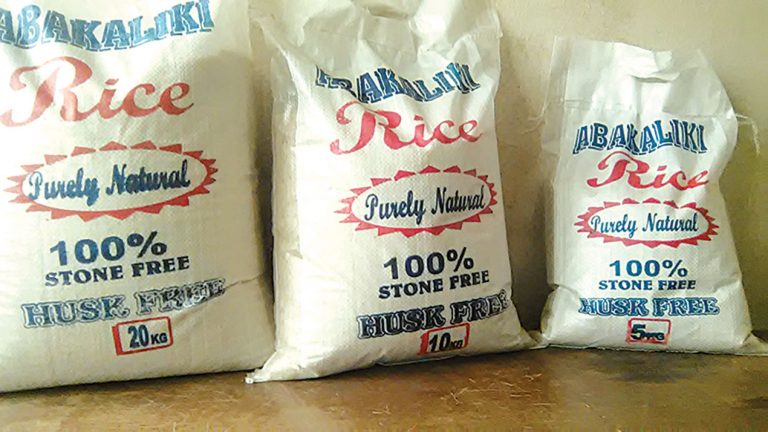
Few weeks ago, the Nigerian government closed the nation’s borders with Niger Republic and Benin Republic. From all angles, you can make noise that the border closure may be violating the spirit of AfCFTA, the trade agreement, designed to bring commerce and industry closer in Africa. But Nigeria has a game plan: check rice smuggling into Nigeria.
Do not blame me – I tend to pick unstructured data including paying attention to the price or rice and availability of rice. In Umuahia, Abia State, this week, the price of (foreign) rice is hitting N18,000 per bag if you can find one.
But besides the price and the supply, these are things I pick from this policy:
Tekedia Mini-MBA edition 14 (June 3 – Sept 2, 2024) begins registrations; get massive discounts with early registration here.
Tekedia AI in Business Masterclass opens registrations here.
Join Tekedia Capital Syndicate and invest in Africa’s finest startups here.
- Nigeria is not producing enough rice that can meet demand. This contradicts all the statements from Audu Ogbeh, the former minister of agriculture, who boasted last year that Nigeria has attained parity on internal supply and demand.
- Smuggling of rice is massive. Official data shows that rice is not banned in Nigeria even though the central bank is not supporting its importation with special exchange rate. Yet, by closing the Niger and Benin Republic borders, scarcity has been created. The implication is that most of the rice consumed in Nigeria are smuggled.
- Benin Republic and Niger Republic do not eat a lot of rice. Apparently, the mind-blowing imports into these nations are destined for Nigerian family tables. With the borders closed, I expect drops on the volume of rice imports into these nations, in coming weeks.
- This scarcity can equilibrate in 4-8 weeks (time it could take ships from Asia to Nigeria) as importers begin using Nigerian ports over Nigerien and Benin Republic ports.
Nigeria should sustain this policy but make sure there is a faster clearance for imported rice via the opened ports so that supply can get into the country. This is also the time banks should help their customers to ensure they are using ports which are opened in Nigeria for quick delivery so that supply-demand will normalize.
We need this type of experiment. My suggestion next time will be for government to educate importers and customs to ensure when supply-demand disequilibrium like this happens, immediate actions can be taken to normalize things. It is purely evident that local production cannot do that in the short-run, so a Plan B must be in existence.
---
Register for Tekedia Mini-MBA (Jun 3 - Sep 2, 2024), and join Prof Ndubuisi Ekekwe and our global faculty; click here.



Thanks for sharing your thoughts.
Mentioning truth and politicians in the same breath is paradoxical, so whatever Audu Ogbeh said was inconsequential, reality is what it is, not what you wish it should be anyway.
Nigeria doesn’t produce enough rice, same with starch, and many other other things most people believe we have in surplus here; we are not there yet. Our yield per hectare for rice is still low, so for a farmer to farm a bag of rice, the input cost is already approaching N10k, by time you mill it, store and transport to market, you are around N14k, and to get it to your home, you are staring 17k; expensive? Maybe!
The question we haven’t answered convincingly in this country is, why is it more attractive for Nigerian traders to import via Benin, Togo or Niger, as a against Nigerian ports? Until we answer this question succinctly and honesty, then our problem remains within.
If smuggling is so massive and rampant, then it means there are lots of collaborators and beneficiaries; no need to feign ignorance as though one can move ten bags of rice without being seen, you are not moving ants, it’s 50kg per bag!
As always, most challenges and problems in Nigeria are artificial, only few things are real problems, the rest are just manmade.
“The question we haven’t answered convincingly in this country is, why is it more attractive for Nigerian traders to import via Benin, Togo or Niger, as a against Nigerian ports?” Time it takes to clear rice in Apapa can be an issue. It can go bad with all the delays. Togo takes days.